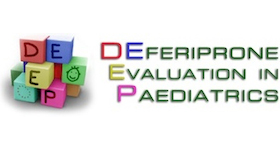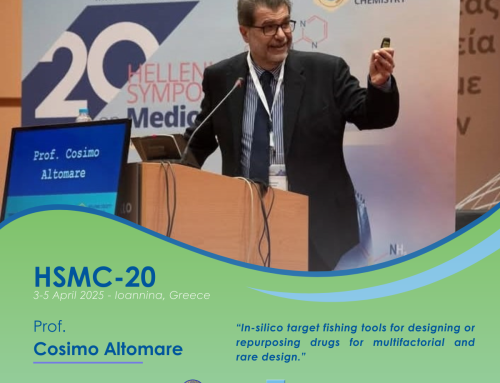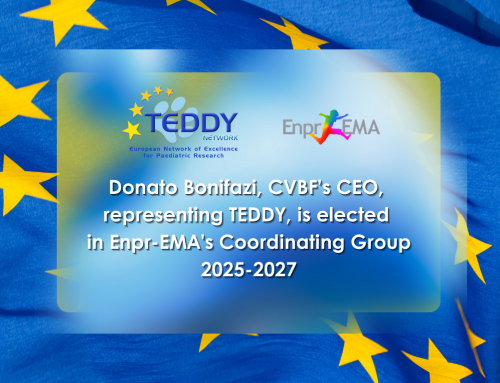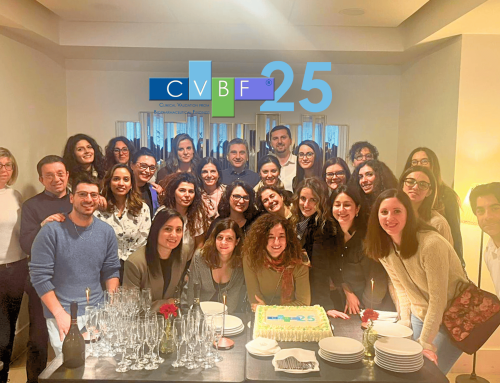From November 17th to 19th, 2017, the 14th International Conference on Thalassaemia & Haemoglobinopathies and the 16th TIF International Conference for Patients & Parents took place in Thessaloniki, Greece. In this occasion, the poster of the DEEP (DEferiprone Evaluation in Paediatrics) project discussing the DEEP-2 study informative materials and the results of the pilot study QuBo (the multicenter observational transversal study for patients involved in the DEEP-2 trial) has been presented.
DEEP is a EU-funded project, developed under the TEDDY umbrella, involving EU and non-EU countries (Albania, Egypt, Tunisia), aimed to study deferiprone in children affected by congenital anaemias requiring chronic transfusion therapy and iron chelation, such as the β-thalassaemia major and the Sickle Cell Disease (SCD), and develop a new formulation suitable for children. To this aim, the project performed three multi-national paediatric studies involving more than 700 paediatric patients, 23 clinical sites and 16 partners.
 In the framework of the DEEP project, the QuBo study has been performed with the aim to investigate the quality, the comprehensibility and thelikeability of the informative booklets for patients involved in the DEEP-2 trial, an efficacy and safety trial to compare deferiprone versus deferasirox in 388 paediatric patients aged 1 month < 18 years from Mediterranean area countries. In particular, three informative booklets and two ad hoc assent forms to empower DEEP-2 minor patients were prepared for different ages in six languages thanks to a collaborative effort involving pharmacologists, paediatricians, child psychologists and illustrators, in an easy-to-manage format, a charming graphic including picture, a simple vocabulary and sentences structures.
In the framework of the DEEP project, the QuBo study has been performed with the aim to investigate the quality, the comprehensibility and thelikeability of the informative booklets for patients involved in the DEEP-2 trial, an efficacy and safety trial to compare deferiprone versus deferasirox in 388 paediatric patients aged 1 month < 18 years from Mediterranean area countries. In particular, three informative booklets and two ad hoc assent forms to empower DEEP-2 minor patients were prepared for different ages in six languages thanks to a collaborative effort involving pharmacologists, paediatricians, child psychologists and illustrators, in an easy-to-manage format, a charming graphic including picture, a simple vocabulary and sentences structures.
Two age-tailored questionnaires were developed in the QuBo study and distributed to the patients involved in the trial. The QuBo pilot study has been carried out in Albania and in Italy and has demonstrated that the use of informative booklets in DEEP-2 trial has been appreciated by children and adolescents and has favoured the understanding and participation of children in the clinical trial. As general recommendation, it has highlighted the need to consider children and families’ active participation as a fundamental step to reach consensus and compliance to treatments.
For further information, you can find the poster here.



